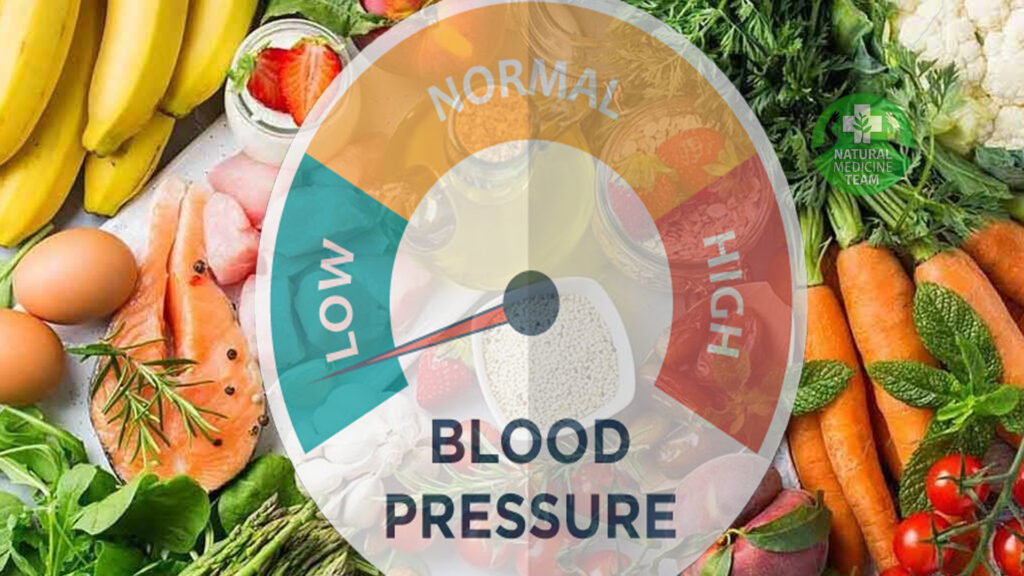Table of Contents
What is High Blood Pressure?
High blood pressure or hypertension occurs when the pressure of your blood on the walls of your arteries reaches dangerous levels. Arteries are larger versions of veins that carry high volumes of blood quickly throughout your body from the heart and back again.

Blood pressure increases and decreases throughout the day normally. But if it remains consistently high, you can be diagnosed with high blood pressure. According to the Mayo Clinic, high blood pressure may lead to health problems such as hardening of the arteries, heart attacks, strokes, kidney disease and heart failure.
New benchmarks for high blood pressure were determined in 2017 by the American College of Cardiology and the American Heart Association, according to the Center for Disease Control.
If your systolic blood pressure (the most force your heart uses while beating) is measured above 130 millimeters of mercury (Hg), that is considered to be high blood pressure.
Similarly, if your diastolic blood pressure (how much pressure is present in your arteries between heartbeats) is greater than 80 mm Hg, you have high blood pressure.
Aggregate blood pressure is specified by the numbers for systolic and diastolic blood pressure. Normal blood pressure is anything that measures under 120/80 (systolic/diastolic) mm Hg.
What Causes High Blood Pressure?
The specific causes of high blood pressure remain a mystery. But according to WebMD, the following are risk factors that may play a role in causing high blood pressure:
- Smoking
- Obesity
- Not enough physical activity
- Excess salt in your diet
- Consuming more than 1-2 alcoholic drinks per day
- High stress levels
- Old age
- Genetic factors
- Family history of hypertension
- Kidney disease
- Adrenal disorders
- Thyroid disorders
- Sleep apnea
High blood pressure tends to affect males more often than females (until age 65, when females take over the top spot). African-Americans are two times more likely than Caucasians to develop hypertension. 65 million American adults are considered to have high blood pressure. About 50% of those people are not managing it well.
That brings us to methods of lowering your blood pressure. Prescription drugs may work for some, but they can carry side effects for others.
What Foods Should You Eat to Fight High Blood Pressure?
According to Harvard Health and healthline, here are some foods that may help lower blood pressure:
- Fish
- Nuts (especially almonds)*
- Beans
- Vegetables
- Fruits (whole or sliced)
- Low-sodium foods
- Herbs
- Spices
- Vinegar
- Bread and pasta from whole grains
- Food cooked using unsaturated fats
- Fresh or frozen foods
- Low-calorie foods
- Oats
- Greek Yogurt
- Clear soups
- Berries
- Eggs
- Popcorn (unsalted)
- Cottage cheese
- Chicken
- Turkey
- Red meat (low-fat cuts)
- Watermelon
- Broccoli
- Tomatoes
- Eggplant
- Green beans
*Almonds are also good for lowering cholesterol, which can affect blood pressure.
How Can You Prevent High Blood Pressure in the First Place?
High blood pressure can go on for years without showing outward symptoms, making it an insidious condition. This is true particularly when it goes undiagnosed. Luckily, there are some actions you can take to counteract high blood pressure, and stop it before it starts.
According to the University of Iowa Hospitals & Clinics, certain lifestyle changes will help prevent high blood pressure.
Exercise regularly—40 minutes of aerobic exercise 3-4 times each week is a good start. That will strengthen your heart and let it pump blood, but use less pressure. Exercising will also help you lose weight, which will help your heart circulate your blood with less pressure.
Cardiologist Dr. Ramzi El Accaoui says, “Manage your stress level. Stress causes the heart to beat faster, constricting the blood vessels and raising blood pressure.”
One great way to prevent high blood pressure is to stop smoking and quit drinking alcohol, or limit your usage.
Last but not least, make sure you choose healthy foods to eat such as the ones listed above. Limit your salt intake, as sodium keeps excess fluid in your body and causes stress on your heart. Avoid saturated fats, which cause increased blood flow and make your heart work harder.
Follow these guidelines, and go for the best foods to lower your blood pressure. You will be less likely to have to worry about health issues in the future. The foods on the list are delicious, too.
So try a new diet today—you’ll be glad you did!
